JAIFLEX : Natural Joint Pain Supplement
₹630.50
In alternative medicine, proponents claim that glucosamine may help with the following health problems
- Diabetes
- High cholesterol
- Inflammation
- Inflammatory bowel disease (such as ulcerative colitis)
- Osteoarthritis
- Rheumatoid arthritis
- Temporomandibular joint disorder
8950 in stock
- Real Time 278 Visitor Right Now
-
Guarantee safe checkout

SHIPPING
- Complimentary ground shipping within 1 to 7 business days
- In-store collection available within 1 to 7 business days
- COD available
RETURNS AND EXCHANGES
- The genuine cases of damage, leakage, missing product(s), and wrong delivery of the product(s) will be taken into consideration.
- The customer shall bring the same to our notice within 7 working days from the date of receiving the product(s).
- All claims for shortages or damages must be reported to customer service at info@jjmllabs.com on the day of delivery.
Have a question?
Description
Natural Joint Pain Supplement
Jaiflex is a leading natural joint pain supplement to relieve joint pain and inflammation and strengthen cartilages and connective tissues. Jaiflex is a 100% Vegetarian tablet with an exclusive combination of Boswellia serrata, Curcuma longa, Withania somnifera, Glucosamine, Silymarin, Zingiber officinale, Sodium hyaluronate and Methylcobalamin.
Glucosamine is a compound found naturally in the body, made from glucose and the amino acid glutamine. Glucosamine is needed to produce glycosaminoglycan, a molecule used in the formation and repair of cartilage and other body tissues. Since glucosamine production slows with age, some people use glucosamine supplements to fight ageing-related health conditions, such as osteoarthritis. Taking glucosamine as a nutritional supplement is thought to keep osteoarthritis in check by restoring the body’s glucosamine supply and repairing damaged cartilage.
Health Benetfits
Glucosamine has been widely studied with inconclusive results. It may offer health benefits including a reduction in pain, although a 2018 review published in the journal Orthopaedics suggests the benefits may be due to a placebo effect.
Here’s a look at some of the key studies and their findings:
Osteoarthritis
Glucosamine may be of benefit in the treatment of osteoarthritis, especially in the knee. Despite some very positive findings, there is also a lot of evidence contradicting these claims. An early report published in the Cochrane Database of Systematic Reviews concluded that some preparations of glucosamine may reduce pain and improve functioning in people with known osteoarthritis.
The study analysed 20 randomized controlled studies involving a total of 2,570 adults. Subsequent studies have provided no clearer evidence of any benefits. However, some researchers still contend that glucosamine not only helps ease arthritis pain but also prevents cartilage loss.
TMJ
Glucosamine is possibly effective for temporomandibular joint (TMJ) osteoarthritis, according to a small study published in the Journal of Research in Pharmacy Practice.
Low Back Pain
Glucosamine may not benefit people with chronic lower back pain and degenerative lumbar osteoarthritis, according to a 2010 study in the Journal of the American Medical Association. The six-month trial, involving 250 people with both conditions, concluded that glucosamine was no better than the placebo in providing arthritis pain relief.
Boswellia serrata has traditional medicinal uses addressing a variety of medical conditions. It has been researched widely for its anti-inflammatory properties and is found to have a positive impact on arthritic joints. Gum resin extracts of Boswellia serrata possess good anti-inflammatory, anti-arthritic and analgesic activities. Unlike the NSAIDs which target the COX-1 and COX-2 enzymes, Boswellia serrata inhibits the activity of 5-LOX.
The latter is the first enzyme in the metabolic pathway responsible for facilitating the biosynthesis of inflammation. Boswellia serrata can also prevent the degradation of articular cartilage, which can be significant in arresting the progression of osteoarthritis. Comparative evidence of Boswellia serrata and a popular NSAID indicates that Boswellia serrata significantly reduces the degradation of glycosaminoglycans, whereas the drug causes a reduction in total tissue glycosaminoglycan content.
This is an important advantage over the NSAIDs which can cause a disruption of glycosaminoglycan synthesis accelerating the articular damage in arthritic conditions. Boswellic acids also block the overproduction of cytokinetic activity in damaged tissues while enhancing the blood flow to your joints. This combined action of Boswellia serrata eases stiff joints and increases joint mobility. Modern medicine and pharmacology strongly point out its use as an antiarthritic, anti-inflammatory, analgesic and hepatoprotective (protects the liver) agent.
The multiple applications of Curcuma longa make it a potent panacea and have been used as such in various Asian cultures. It is widely researched for its ability to treat and prevent diseases.
- The volatile oils of Curcuma longa exhibit powerful anti-inflammatory effects. Curcumin has also exerted antioxidant, antiviral and antifungal actions.
- Curcumin counteracts inflammation by blocking the activity of cyclooxygenase-2 (COX-2), an enzyme responsible for the synthesis of prostaglandins which play a key role in the generation of inflammatory response.
- Curcuma longa’s anti-inflammatory properties may also be attributed to its ability to inhibit pro-inflammatory arachidonic acid and neutrophil function during inflammatory states.
- It lowers the production of inflammation-inducing histamine.
- It increases and prolongs the action of the body’s natural anti-inflammatory adrenal hormone, cortisol, and also improves circulation, thereby flushing toxins out of small joints where cellular wastes and inflammatory compounds are frequently trapped.
- Curcuma longa acts as an antioxidant, improves digestion, supports a healthy immune system, prevents tissue breakdown, and has anti-ageing properties.
Withania somnifera is a dynamic herb with several powerful applications in enhancing human health. With its powerful immunomodulatory, anti-inflammatory, and antioxidant properties. It is part of different formulations meant for a variety of musculoskeletal formulations, a general adaptogen, improves overall health and is useful in balancing pathological states. Cyclooxygenase (COX) inhibition is one of the mechanisms for the herb’s anti-arthritic properties.
- It is specifically useful for rheumatoid arthritis.
- It also helps to counter chronic fatigue, weakness, dehydration, bone weakness and muscle tension and increases energy levels.
- Evidence suggests that osteoarthritis patients using a combination herbal formula inclusive of Ashwagandha, report positive effects.
- Withania somnifera is an immune amphoteric which can induce an immune response in low immune states and also can exert an immunosuppressive action on certain lymphocyte activity in case of hyper-immune/autoimmune states.
Silymarin is used in the treatment of cholestatic liver diseases, alcoholic fatty liver disease and non-alcoholic fatty liver. Silymarin is an active principle obtained from milk thistle seed (Silybum marianum). It might protect liver cells from toxic chemicals and drugs. It also seems to have antioxidant and anti-inflammatory effects. Milk thistle plant extract might enhance the effects of estrogen.
Zingiber officinale (Z. officinale), commonly known as ginger, has been widely used traditionally for a variety of medicinal purposes, one of which is for the treatment of pain. The aim of this systematic review was to evaluate the evidence from all human participant clinical trials that have assessed the efficacy of ginger for the treatment of any type of pain.
Sodium hyaluronate is similar to the fluid that surrounds the joints in your body. This fluid acts as a lubricant and shock absorber for the joints. Sodium hyaluronate is used to treat knee pain caused by osteoarthritis.
Methylcobalamin is a form of vitamin B12. Vitamin B12 is important for the brain and nerves, and for the production of red blood cells. Methylcobalamin is used to treat vitamin B12 deficiency. This medicine is sometimes used in people with pernicious anaemia, diabetes, and other conditions.


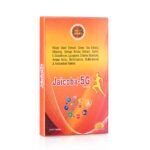
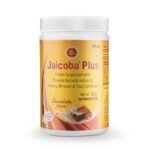
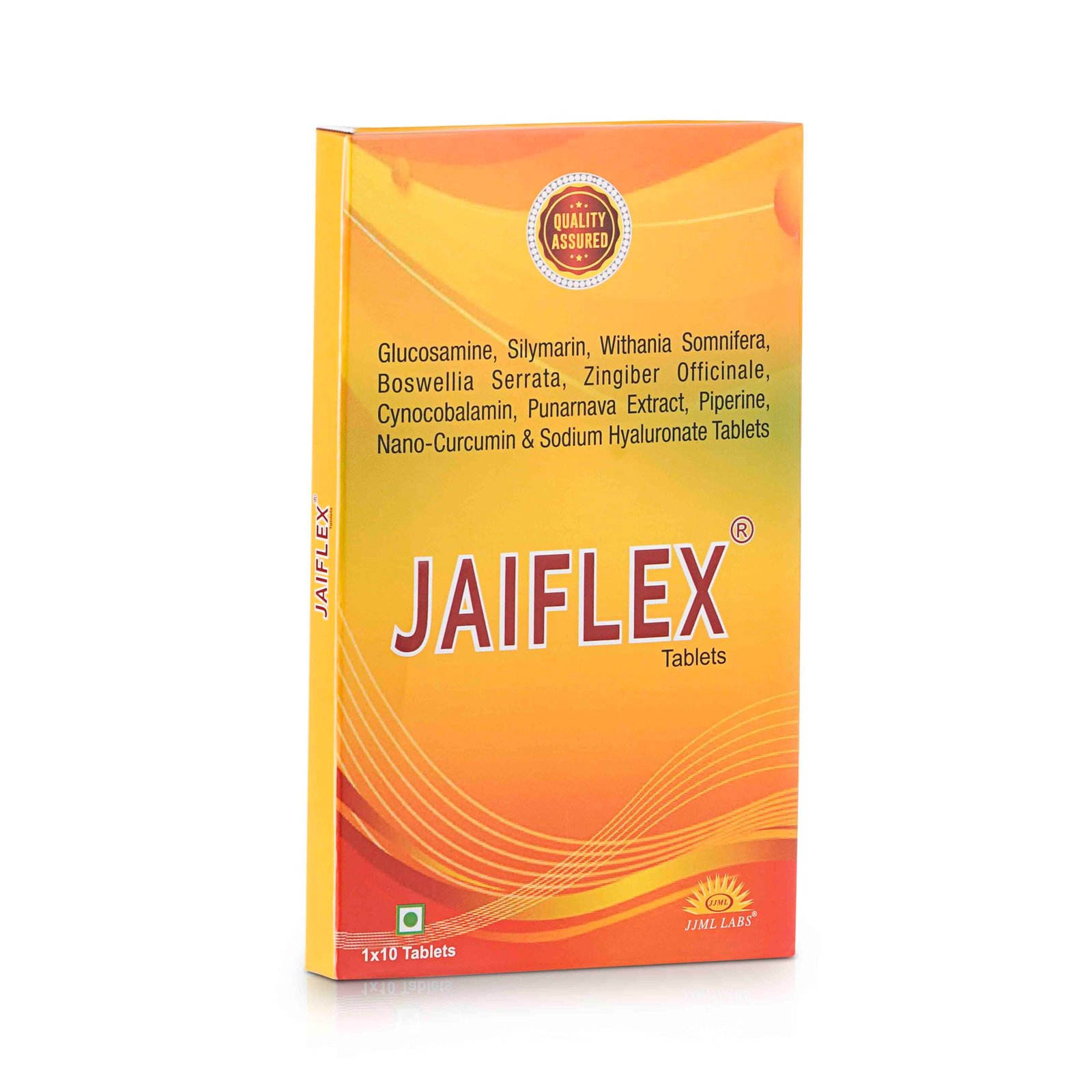
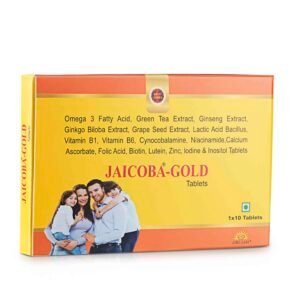
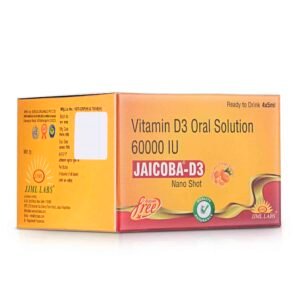
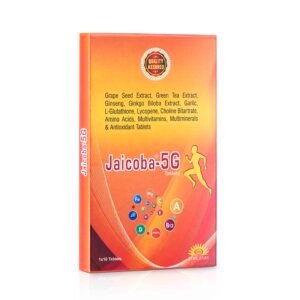

Reviews
There are no reviews yet.